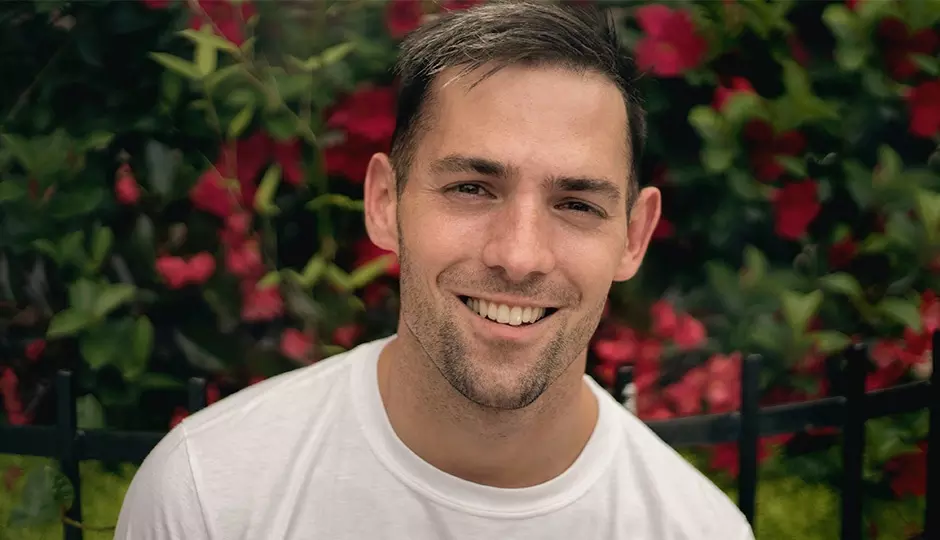Most people will experience some degree of hair loss during their lifetime. Typically, people begin noticing thinning hair and hair loss as they grow older, but some start to experience hair loss as teenagers.
Dealing with hair loss can be challenging at any age, but it can be especially difficult when you are younger when it can significantly impact self-esteem. However, in many cases, proper treatment can reverse hair loss in teenagers.
Potential Causes of Teenage Hair Loss
There is a wide range of potential causes of hair loss in teenagers, such as genetic factors, hormonal imbalances, and underlying medical conditions. Determining the exact cause is vital to finding the best solution.
Androgenetic Alopecia
Androgenetic alopecia, a genetic form of hair loss often referred to as male or female-pattern baldness, is the most common type of hair loss in people of all ages. While androgenetic alopecia typically starts in adulthood, it can also begin during your teenage years.
In males, the condition usually appears as a receding hairline and gradual balding at the crown, while females typically notice gradual thinning along the part of their hair. Since this form of hair loss is hereditary, teenagers are most likely to develop this condition if close relatives have male or female pattern hair loss.
Alopecia Areata
Alopecia areata is an autoimmune disease that causes patches of hair to fall out. Autoimmune diseases are conditions that develop when your immune system attacks healthy cells in your body. With alopecia areata, your immune system attacks your hair follicles. As a result, you may notice hair loss on your scalp, eyebrows, eyelashes, or body. The condition affects about two percent of the population, with most people developing it before age 30, and it can start during childhood.
Malnutrition
Proper nutrition is critical for maintaining your health. Your body needs an adequate supply of essential vitamins and minerals to support the various systems in your body, including the growth of your hair. When your body begins to react to a lack of nutrition, it diverts vitamins and minerals to critical bodily functions. Since hair growth is less essential than many other body functions, people who suffer from malnutrition often experience thinning hair and hair loss.
Malnutrition is a lack of proper nutrition caused by not eating enough, overeating, or not getting the right balance of essential vitamins and nutrients. Several potential causes of malnutrition include dietary imbalances, eating disorders, or digestive conditions. Deficiencies of vitamins A, C, D, and E or a lack of nutrients including zinc, iron, niacin, biotin, folic acid, and selenium may all cause hair loss.
Medicines and Medical Treatments
Hair loss may also result from medications and medical treatments. Some examples include:
- acne medications
- antibiotics
- anticonvulsants
- antidepressants and mood stabilizers
- antifungal treatments
Stopping Hair Loss in Teenagers
Some types of hair loss in teenagers can be stopped and potentially reversed. For example, if your hair loss is caused by an imbalance of thyroid hormones, correcting the imbalance may improve hair growth. Other causes, like genetic hair loss, have no known cure and usually progress over time. While there is no cure for genetic hair loss, it can be slowed with treatment.
If you or your teenager are experiencing hair loss, the first step in finding a solution is to determine the cause. At Mane Image, we are experts in all types of hair loss. Our team of professionals can help determine the cause of your hair loss and recommend steps you can take to stop the progression and even regrow your hair. To learn more about hair loss in teenagers and what you can do about it, contact us today and schedule your FREE initial consultation.












